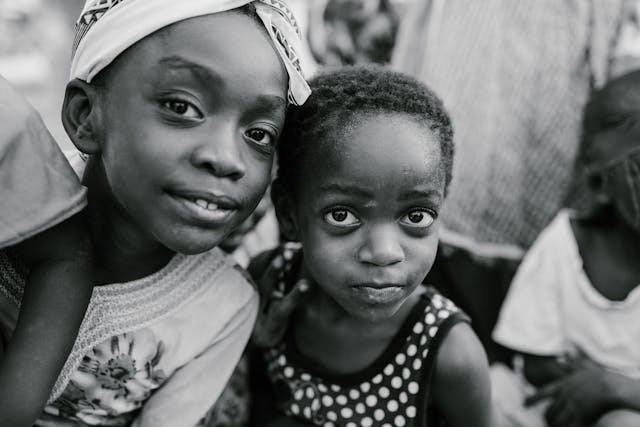
COMASI’s Education Access Initiative Revolutionizing Learning in Kenya
February 28, 2024
COMASI recognizes the importance of achieving a 15% forest cover in Kenya
March 7, 2024The Cabinet Secretary of the Ministry of Health reports that Kenya has a mental health care bed capacity of 1,600, with 400 of these beds located in private facilities.
However, considering the 1.9 million people in the nation affected by depression, there is a pressing need for increased political and social attention to address this serious issue.

Various factors, including health, psychosocial disability, and premature mortality,
due to limited access to mental health care facilities, contribute to the high rates of mental illnesses, particularly depression, in Kenya. According to a World Health Organization report, Kenya ranks fifth among African countries with the highest number of depression cases. Mental health experts estimate that 1 in every 4 Kenyans may be suffering from a mental health-related issue, ranging from mild to severe disorders. Despite these alarming statistics, the country faces challenges in providing affordable mental health care and treatment.
A significant hurdle is the low level of awareness of mental health disorders and their associated symptoms. The World Health Organization (WHO) highlights that Kenya is one of the few states that did not allocate a separate budget for mental health, with government expenditure accounting for only 0.01% of the total budget. An audit by the Auditor General in 2017 revealed that 22 out of 47 counties in Kenya lack psychiatric units, requiring all patients needing mental health care to be referred to Mathari National Hospital, the sole national hospital specializing in mental health.
To address these challenges, the Community Alliance For Support Initiative aims to establish an intensive treatment center equipped with personnel, recreational facilities, and comprehensive psycho-support programs for the community. The organization is dedicated to driving campaigns and replicating successful project modules across the country and regionally to provide social solutions and treatment for affected individuals.
The Kenya National Commission on Human Rights joins the global community in commemorating the 2023 World Mental Health Day, urging continued awareness, actions, and interventions prioritizing and protecting every person’s mental health as a universal human right.
Education is the key
We champion for education
The WHO reports a 13% rise in mental health conditions and substance use disorders in the last decade, with 1 in every 8 people estimated to have been living with a mental health condition as of 2019. In the Kenyan context, the Taskforce on Mental Health of 2020 revealed that mental illness accounts for 13% of the entire disease burden in Kenya. The Ministry of Health’s Mental Health Investment Case 2021 puts the burden of mental health conditions at 62.2 billion annually (0.6% of GDP).
The Commission notes concerns about the lack of improvement in budgetary allocation to the mental health sector, affecting access to mental health services. Efforts to address mental health concerns include the Mental Health Action Plan (2021-2025), Suicide Prevention Strategy (2021-2026), Mental Health Investment Case, 2021, and the National Guidelines on Workplace Mental Wellness, 2023. The Mental Health (Amendment) Act, 2022, is a significant step in protecting the rights of persons with mental illness.
To ensure a person-centered and human rights-based approach to mental health, the Commission reiterates the universality of human rights, emphasizing the respect for service users’ will and preferences. The Commission calls for the implementation of the High Court judgment ending the detention of persons with mental illness at the President’s pleasure, urges mental health facilities to create conducive environments and end inhumane practices, and advocates for increased mental health budget and financing.
The Commission appeals for the integration, collection, and reporting of mental health indicators to bridge data gaps, and for the enhancement of mental health systems and improved access to community-based services. Mental health practitioners and caregivers are encouraged to empower service users through supported decision-making. The Commission cautions stakeholders that human rights violations negatively impact mental health, emphasizing the need for respect, promotion, and protection of the right to legal capacity of mental health service users.

 Donate
Donate
